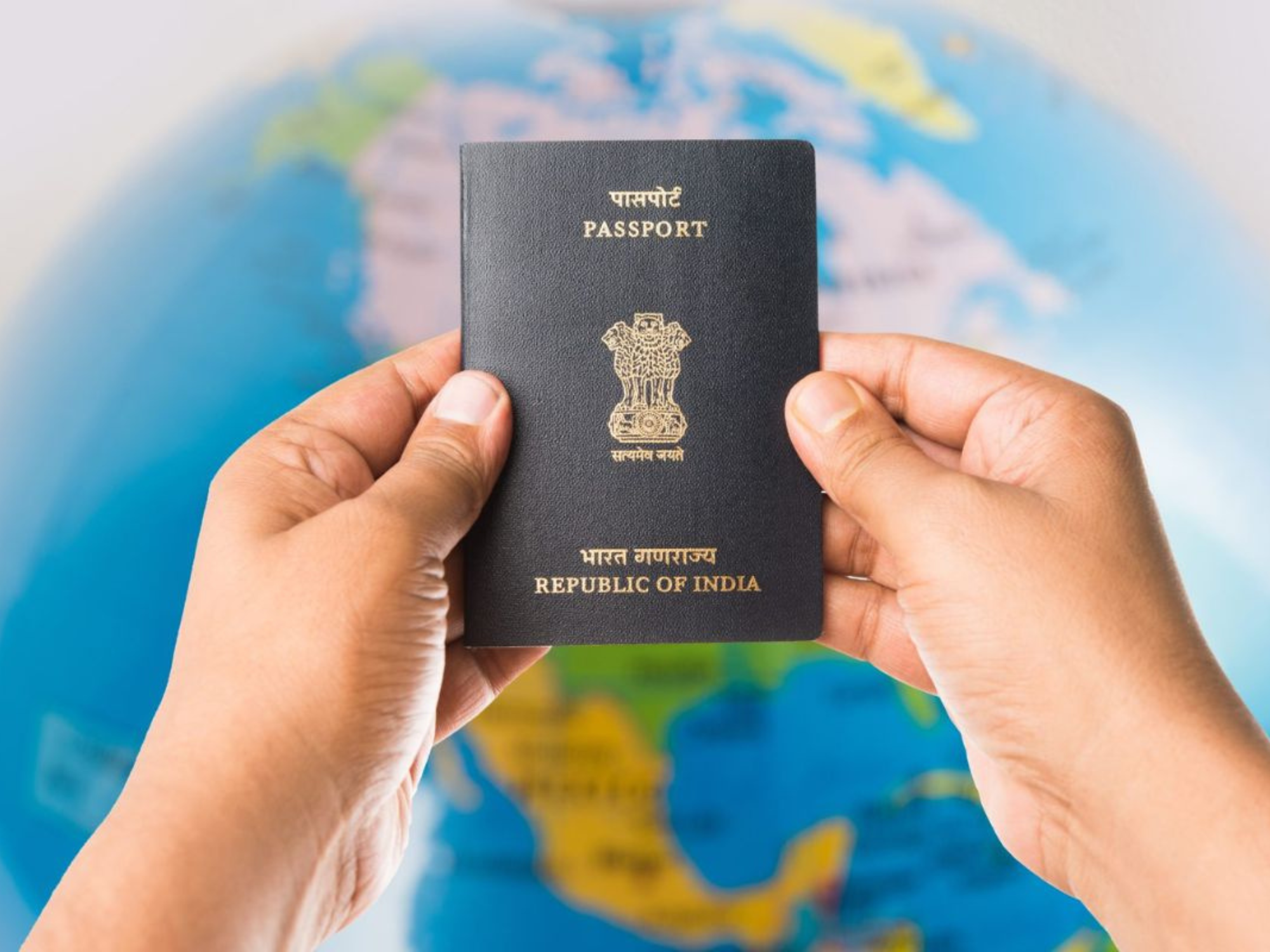In a significant move to modernize and secure travel documentation, India has launched e-passports as part of its nationwide digital upgrade. Available in multiple cities, these next-generation passports feature advanced electronic components designed to streamline identification and reduce fraud during international travel.
The rollout is part of the Passport Seva Programme (PSP) Version 2.0, officially launched on April 1, 2024, according to the Ministry of External Affairs. The goal is to bring enhanced security, data protection, and efficiency to the Indian passport system.
What Makes E-Passports Different?
Unlike traditional booklets, the new e-passports contain a Radio Frequency Identification (RFID) chip and a built-in antenna embedded within the back cover. This chip securely stores the passport holder’s personal details and biometric data, such as fingerprints and facial recognition features.
A key security component is Public Key Infrastructure (PKI), which ensures that the data stored cannot be altered or accessed by unauthorized sources. This makes the e-passport difficult to forge or tamper with.
Notably, e-passports feature a gold-colored symbol on the front cover, distinguishing them from traditional versions.
Key Benefits:
- Stronger protection against identity theft and forgery
- Faster, more reliable identity checks at airports
- More secure storage of personal and biometric data
- Enhanced convenience for international travelers
Where Are E-Passports Available?
E-passports are currently being issued at Passport Seva Kendras in the following cities:
- Nagpur
- Bhubaneswar
- Jammu
- Goa
- Shimla
- Raipur
- Amritsar
- Jaipur
- Chennai
- Hyderabad
- Surat
- Ranchi
- Delhi
The government aims to extend e-passport issuance to all Passport Seva Kendras across India by mid-2025.
In Tamil Nadu, the Chennai Regional Passport Office began issuing e-passports as early as March 3, 2025. By March 22, over 20,700 e-passports had already been distributed, showing strong public adoption.
What About Existing Passports?
There is no immediate need for Indian citizens to switch. The Ministry has confirmed that traditional passports remain valid until their expiration dates. Transitioning to e-passports is entirely optional and will be carried out in phases.






